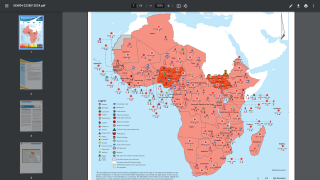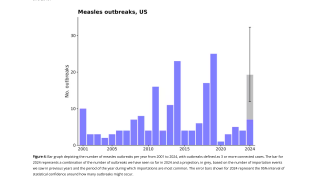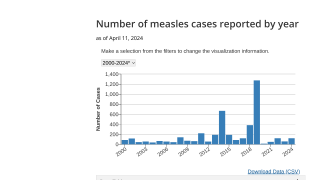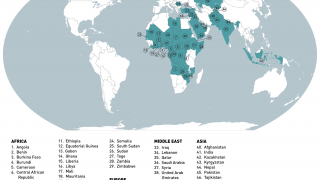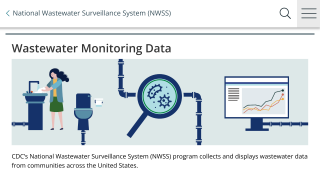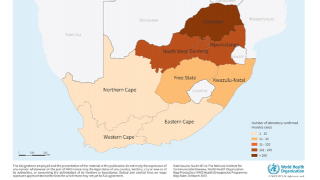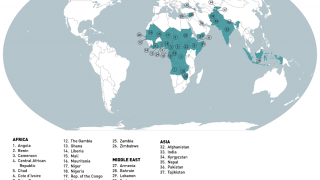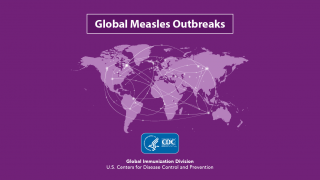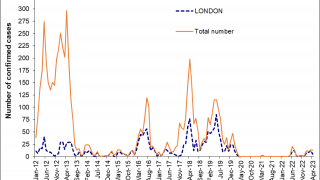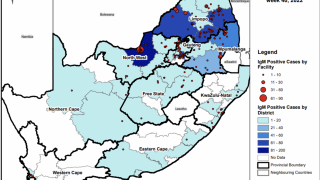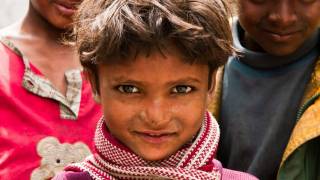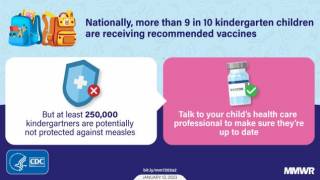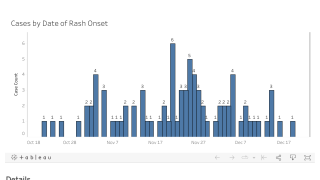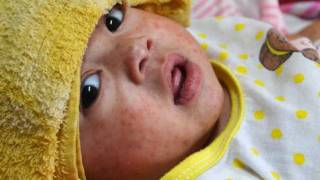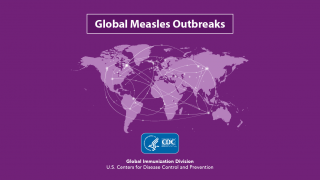Vaccination Efforts Saved Over 154 Million Lives
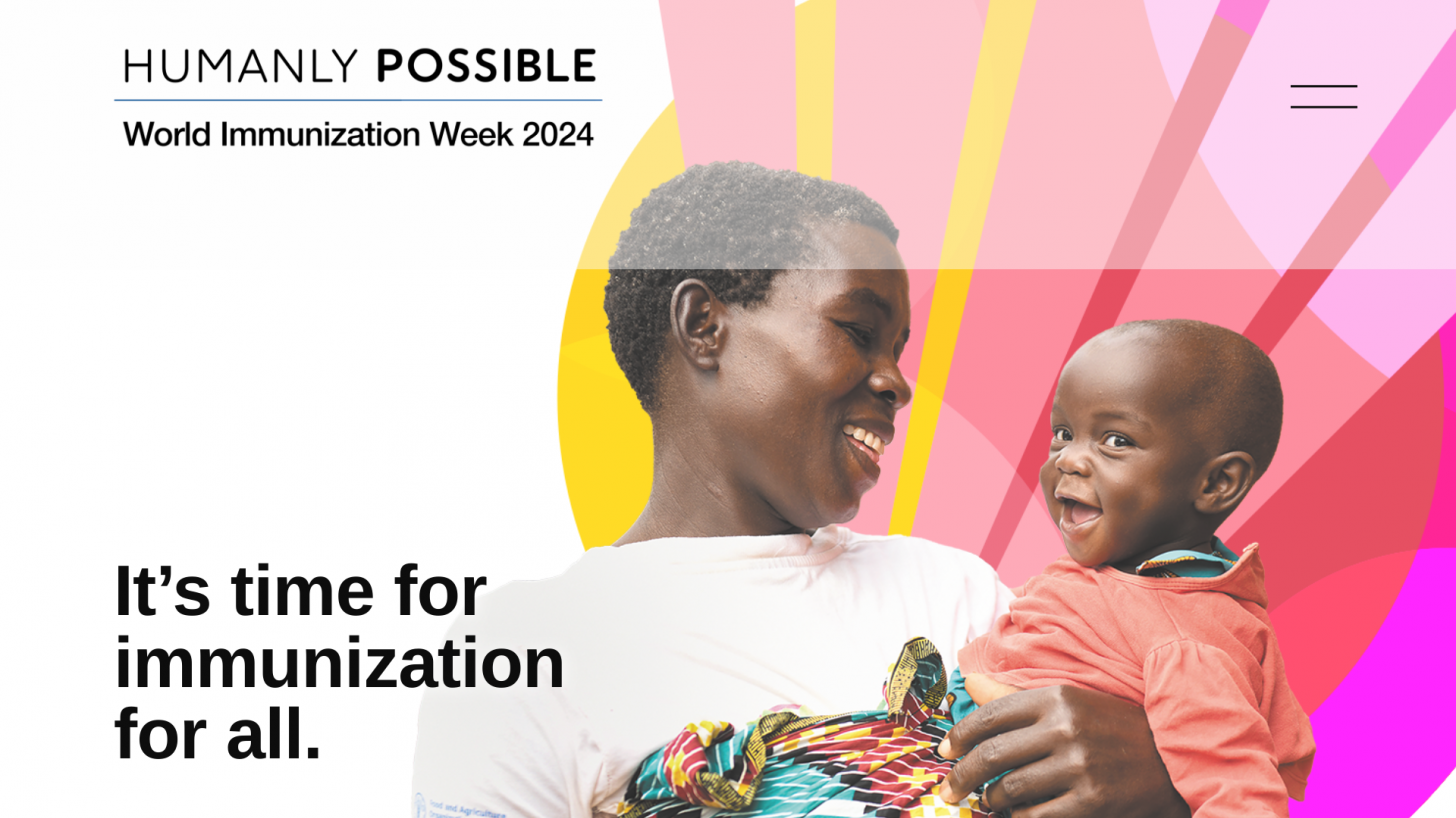
A study published today by The Lancet has revealed that global immunization efforts have saved an estimated 154 million lives over the past 50 years.
Most lives saved were those of infants, with 101 million lives saved.
The study, led by the World Health Organization (WHO), found that vaccination against 14 diseases has reduced infant deaths by 40% globally.
The 14 diseases that the study found immunization to be effective against include diphtheria, Haemophilus influenzae type B, hepatitis B, Japanese encephalitis, meningitis A, pertussis, invasive pneumococcal disease, polio, rotavirus, rubella, tetanus, tuberculosis, and yellow fever.
The measles vaccination significantly reduced infant mortality, accounting for 60% of the lives saved due to immunization.
"Vaccines are among the most potent inventions in history, making once-feared diseases preventable," said WHO Director-General Dr Tedros Adhanom Ghebreyesus in a press release on April 24, 2024.
"Thanks to vaccines, smallpox has been eradicated, polio is on the brink, and with the more recent development of vaccines against diseases like malaria and cervical cancer, we are pushing back the frontiers of disease. With continued research, investment, and collaboration, we can save millions more lives today and in the next 50 years."
"The study found that for each life saved through immunization, an average of 66 years of total health were gained—10.2 billion full health years gained over the five decades.
As a result of vaccination against polio, more than 20 million people can walk today who would otherwise have been paralyzed, and the world is on the verge of eradicating polio, once and for all.
These gains in childhood survival highlight the importance of protecting immunization progress in every country and accelerating efforts to reach the 67 million children who missed out on one or more vaccines during the pandemic.
Additionally, the WHO, UNICEF, Gavi, and Bill & Melinda Gates Foundation (BMGF) are unveiling the "Humanly Possible" campaign during the annual World Immunization Week 2024.
The worldwide communication campaign calls on world leaders to advocate for, support, and fund vaccines and the immunization programs that deliver these lifesaving products.
"It is inspiring to see what has been made possible over the last fifty years, thanks to the tireless efforts of governments, global partners, and health workers to make them more accessible to more people," said Dr. Chris Eias, president of Global Development at the BMGF.
"We cannot let this incredible progress falter. By continuing to invest in immunization, we can ensure that every child – and every person – has the chance to live a healthy and productive life."
Our Trust Standards: Medical Advisory Committee



